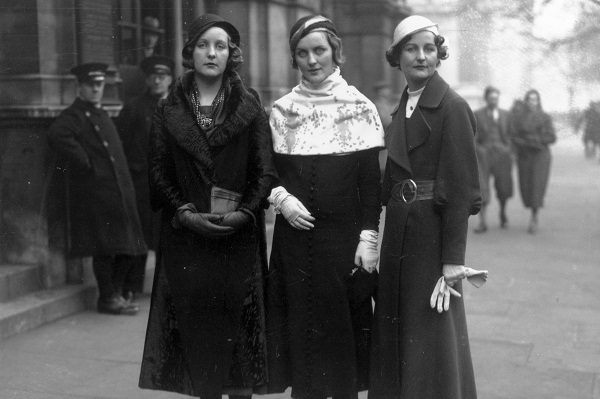Sometimes, in the joyous lotteries we call ‘secondhand bookshops’, you find a volume that takes you back to a different era because of its physical appearance. Sometimes you find one that adds to the effect by its content – a book about Victorian cricket, perhaps, or 1950s industrial policy. But sometimes you find one that goes beyond even that: it shows you a world where books mattered in a way they simply can’t today, and indeed never will again. That’s what happened to me recently, when I bumped into a copy of the sublimely archaic How To Pronounce It by Alan S.C. Ross.
Published in 1970, it has a dust-jacket whose shades of green, blue and grey evoke the cardigans of Open University presenters from the time. The price is printed as ‘1.50 net/30s net’, showing that the publishers’ confidence that it would still be selling after 1971’s shift to decimal currency. The back flap contains a biography of the curiously-initialled Mr Ross (‘Strode Campbell’, apparently – he was descended from Robert the Bruce). ‘His writings,’ we’re told, ‘include such learned works as The Numeral Signs of the Mohenjo-davo Script,’ at which point we assume the book is a spoof. It isn’t. He found fame ‘as a result of a paper delivered to a Finnish philological society in which he originated the terms “U and non-U”’. Yes, he was the man who gave Nancy Mitford the idea for her legendary work on social etiquette. Professor Ross, in other words, is a member of that legendary British tribe, the pedantic snob.
Which is why he wrote a book telling the rest of us how to speak. It took me quite a while to be sure that the book isn’t a spoof after all. ‘Gone’, we’re told, should rhyme with ‘born’, NOT with ‘on’. ‘Lather’ must be pronounced to rhyme with ‘gather’, and NOT (Ross’s capitals) with ‘father’. ‘This second, non-U pronunciation,’ he fumes, ‘is almost universal in the television advertisements for soap powders’. Those beastly modern entertainment people. It is acceptable (though not compulsory) to rhyme the last two syllables of ‘Alabama’ with ‘calmer’ rather than ‘hammer’. Some entries unwittingly show the great flaw in Ross’s thesis, namely that pronunciation has always been and will always be subjective, across both time and geography. ‘Coffee’ should (as you would expect) rhyme with ‘toffee’; pronouncing the first syllable as in ‘wharf’ was at one time U, but ‘is to-day only American’. (That’s Ross’s hyphen in ‘today’, incidentally. I wouldn’t dare take it out, even though he’s been dead for 32 years.) ‘Golf’ should have a silent ‘l’, so that it rhymes with ‘scoff’. You can keep the ‘l’, but only if you make the first syllable rhyme with that of ‘dolphin’, not that of ‘soulful’. To test the difference between the two I’ve said ‘soulful dolphin’ so often it now sounds like the name of a band.
I’d recommend the book as something funny to keep in the loo, but please for God’s sake no one tell Simon Heffer about it or he’ll do a sequel. The reason it’s so amusing in 2013, yet seemed so sensible in 1970, is that back then if you set something down in a book you set it in stone. Books were written by clever people who knew things, and what’s more had lots of initials to remind you that they knew things. They legislated on language for the rest of us, piteous little oiks that we were. There was right and there was wrong, and woe betide you if you didn’t know the difference. Today, on the other hand, social media is inventing new words faster than even an e-book could cope with, never mind a conventional one. The very word ‘book’ itself, for example – for a while it became Young Persons’ slang for ‘cool’, simply because that’s how predictive text rendered it. It probably isn’t any more, of course. It’s probably no longer cool to say book for cool. Or even to say cool full stop.
So the snobbish tyrannies still exist. They always will, it’s human nature. But what we won’t get any more is someone charging us 30 shillings, or even £1.50, to instruct us which of those tyrannies we should obey. Even someone whose ‘principal recreation is croquet which he plays with his wife at tournaments throughout the country’.
—
This article was written before George Osborne’s Eliza Doolittle-style foray into the world of class, language and glottal stops. Details here.






Comments